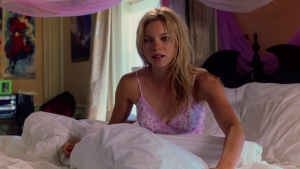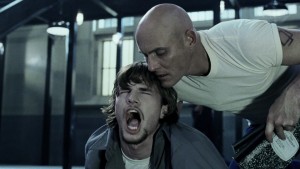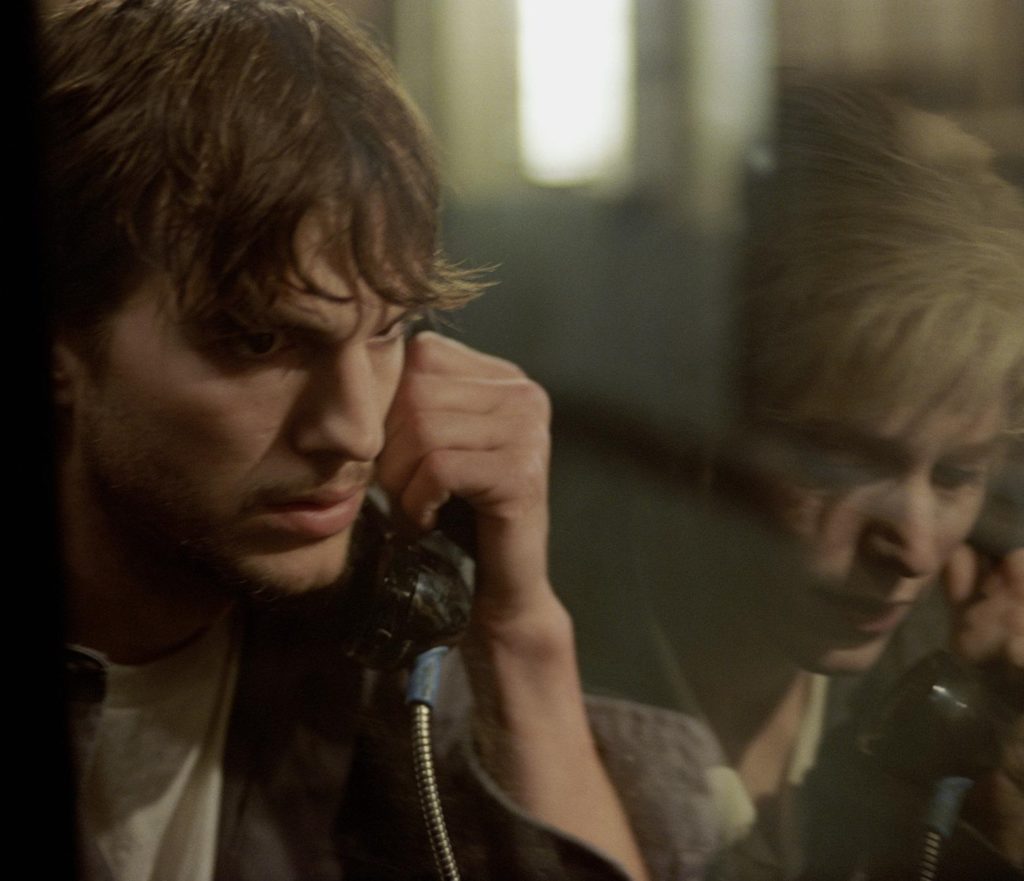I absolutely love the concept of the 2004 horror/thriller “The Butterfly Effect,” which borrows themes that range as diverse as the scientific hypotheses of Chaos Theory and the twisted mind of brilliant writer Ray Bradbury.
The simple notion that something as simple as the flapping of a butterfly’s wings can trigger the falling dominos that eventually lead to a hurricane its both fascinating and frightening at the same time.
The enigma has been explored countless times before. It can be a subtle event like in Bradbury’s classic short story A Sound of Thunder, or as blatant as the trials and tribulations of one Marty McFly in “Back to the Future.”
While the movie “The Butterfly Effect” is not technically a standard horror film, its a great thriller in the mold of “Jacob’s Ladder,” or “Frailty,” and as such is a perfect change of pace from the typical October slasher fest.
Written and directed by Eric Bress and J. Mackye Gruber, the ride of the movie is like that of a roller coaster in that it builds slowly, setting the table for the story and thoroughly developing the key players, and once the actual twists and turns arrive, the wait is defiantly worth it.
 Ashton Kutcher does what the snobbish Hollywood elite refuse to recognize – prove he’s a very capable dramatic actor if provided the right role.
Ashton Kutcher does what the snobbish Hollywood elite refuse to recognize – prove he’s a very capable dramatic actor if provided the right role.
Kutcher takes the lead in “The Butterfly Effect” as college student Evan Treborn, and with his unkempt hair, barbate cheeks, and baggy flannel shirt, is great in the role and perfectly cast.
Since childhood, Treborn has suffered through a series of unexplained and undiagnosed blackouts during periods of highly stressful time. The nature of the episodes, as well as Treborn’s father who suffered from the same blackouts, is deliberately left ambiguous.
Evan has been keeping a journal since childhood to help him remember the events preceding the blackouts. Bress and Gruber display the events to the audience in a unique and truly thrilling way that will leave the viewer as terrified as Evan, and just as unsure of what or why they are happening.
 Evan’s entire life has been shrouded in mystery. At one point he is threatened with “He has to die, it’s the only way,” and a palm reader that advises him “You have no soul, you were never meant to be.” As Evan begins to read passages from his journal entries, he discovers the grisly nature of his childhood blackouts, and the ability to alter the past – which leads to good and bad consequences for the future.
Evan’s entire life has been shrouded in mystery. At one point he is threatened with “He has to die, it’s the only way,” and a palm reader that advises him “You have no soul, you were never meant to be.” As Evan begins to read passages from his journal entries, he discovers the grisly nature of his childhood blackouts, and the ability to alter the past – which leads to good and bad consequences for the future.
Any movie involving the element of time ravel runs the risk of confusing the viewer. Bress and Gruber do a good job of keeping the intricacies simple, and the result is a well crafted story.
The casting is solid. Joining Kutcher is the talented and jaw-dropping Amy Smart, who plays Evan’s lifelong friend and love interest Kayleigh Miller. Kutcher and Smart develop a great on screen rapport, as they plod through life together, beginning with a highly traumatic childhood for each and struggle today to uncover the mysteries of Evan’s blackouts. 
With the non linear story that covers 15 years in Evan’s life, a handful of child actors are used to represent young Evan, young Kayleigh, and their friends. In a way that rivals the youth casting in “Once Upon a Time in America,” the children picked for the roles are near perfect representations of their adult counterparts, a facet that adds more believability to the piece.
“The Butterfly Effect” isn’t scary, but will leave in you on edge as the pieces unfold. And that’s not to say it doesn’t have its moments. One scene in particular depicts young Evan under a psychiatrists hypnosis in effort to recall a period he blacked out in. While never over the top, the chills are definitely present and accounted for.
“The Butterfly Effect” is a good movie. It fits the desire for science fiction, thriller, action, and horror in an abstract way.
by – Matt Christopher


